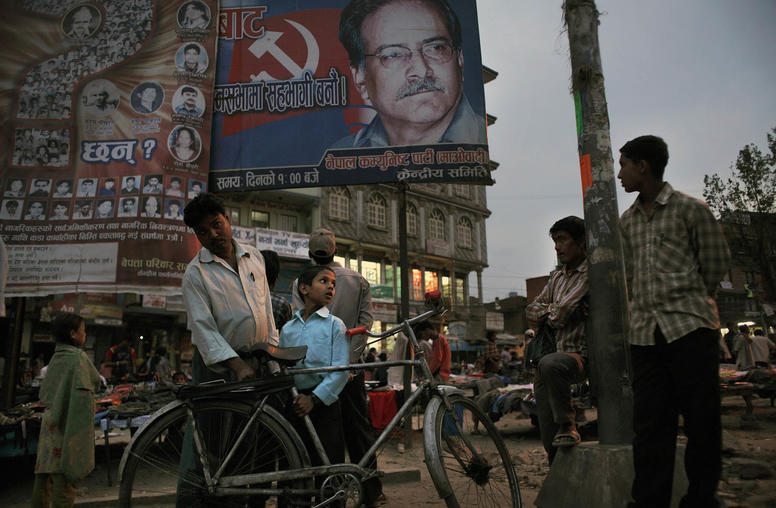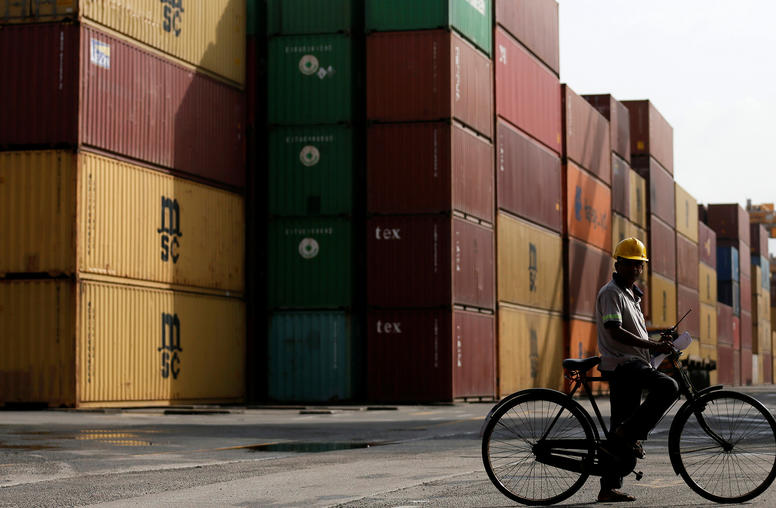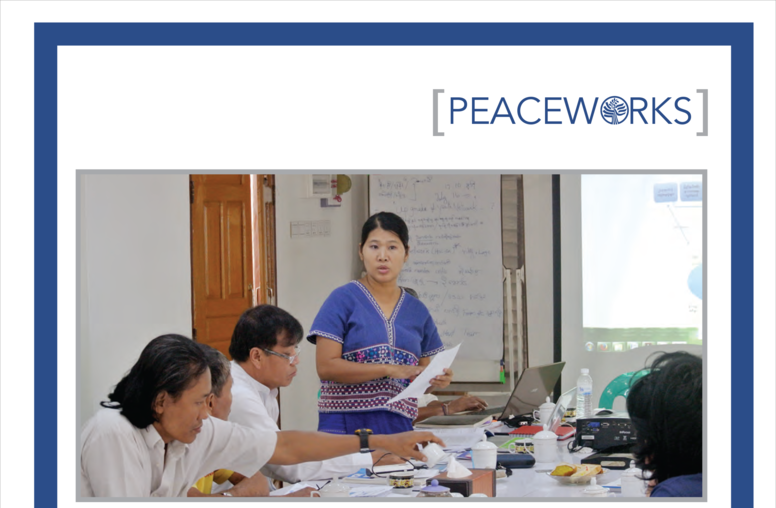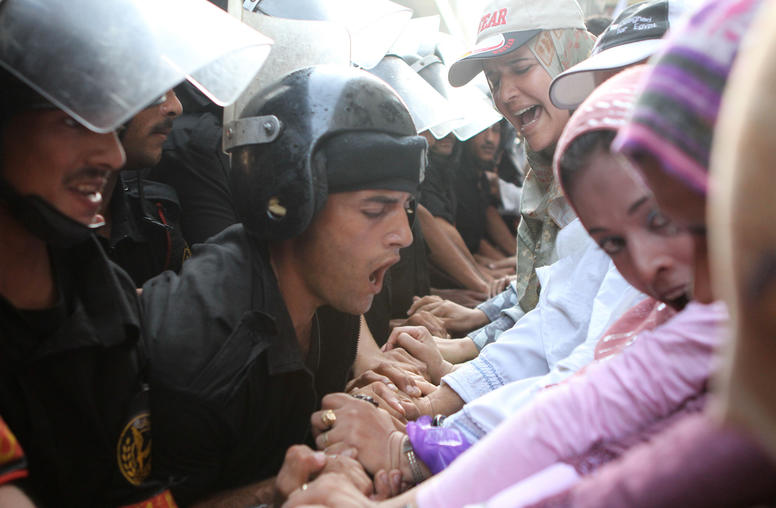Violence in the Terai and the Madhesi Movement: Prospects for Peace in Nepal
Despite a peace agreement that ended a ten-year Maoist insurgency, the past six months have seen a spark of violence in the Terai (lowlands) region of Nepal fueled by a growing Madhesi movement. Concerns are being raised that such violence will threaten the peacebuilding process and fair constituent assembly elections scheduled in November. The Madhesi are culturally and ethnically close to the northern groups of India and are raising grievances including economic discrimination, disproportionate electoral representation and under-representation in the government, army, police and civil society organizations. A number of armed groups, claiming to support Madhesi grievances, have clashed with each other, police, and the Maoists. They have also engaged in kidnapping for ransom, extortion and killing of political party actors. A counter-Madhesi political group is forming and concerns are that it may turn to violence. Communal and ethnic tensions and fears are rising.
How can the Madhesi movement and the grievances raised by the Madhesi be resolved peacefully? How can moderate forces be given space to resolve the tensions peacefully? How can armed groups who use violence to promote their aims be brought into a more peaceful process of change? How can the government of Nepal constructively engage with the Madhesi movement and the growing number of armed groups? What could the role of the United Nations be in helping the government of Nepal with the Madhesi issues and to address the underlying grievances? Minister Rajendra Mahato will share his views on these and other issues related to peacebulding in Nepal.
Speakers
- Minister Rajendra Mahto
Nepal’s Ministry of Industry, Commerce and Supplies, prominent Madhesi leader and vice president of the Nepal Sadbhawana Party-Anandidevi (NSP-A) - Colette Rausch, Moderator
U.S. Institute of Peace
Archived Audio
To listen to audio or to view video, please click on the links provided below. You also can right click on the links and choose "Save Target As" or "Download Linked File." This will save the file to your computer and then allow you to play it in your media player directly. More Audio Help.
- Listen to the audio from this event.
1:12:24 - 12.9MB



